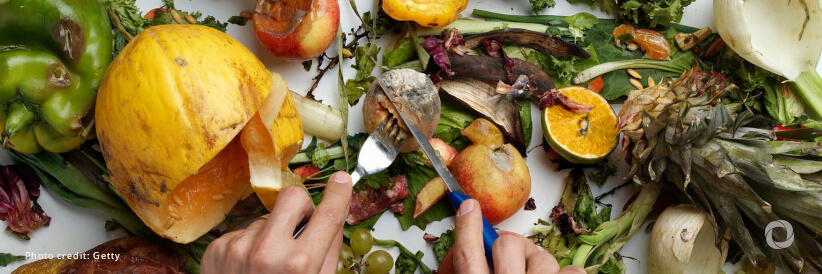The U.S. Department of Agriculture (USDA) is investing approximately $11.5 million in 38 cooperative agreements that support innovative, scalable waste management plans to reduce and divert food waste from landfills.
The Composting and Food Waste Reduction Cooperative agreements, which are funded by the American Rescue Plan Act, are part of USDA’s broad support for urban agriculture. The program is jointly administered by USDA’s Office of Urban Agriculture and Innovative Production and the National Institute of Food and Agriculture (NIFA). The recommended projects will be implemented between now and 2026.
“These Composting and Food Waste Reduction projects help communities reduce food waste and greenhouse gas emissions,” said Terry Cosby, Chief of USDA’s Natural Resources Conservation Service (NRCS), which houses the Office of Urban Agriculture and Innovative Production. “Local strategies and tools like these are important climate solutions and also contribute to food security at the community level.”
USDA prioritized projects that anticipate or demonstrate economic benefits, incorporated plans to make compost easily accessible to farmers, including community gardeners, integrated other food waste strategies, including food recovery efforts, and collaborated with multiple partners. The collaboration between NIFA and the Office of Urban Agriculture and Innovative Production is part of USDA’s framework to transform the U.S. food system to benefit consumers, producers, and rural communities by providing more options, increasing access, and creating new and better markets for small and mid-size producers.
“This work with our USDA colleagues in the Natural Resources Conservation Service is one example of how we are working together to resolve this critical issue,” said NIFA Director Dr. Manjit K. Misra. “These customer-focused projects will have significant impacts on the agency’s goal to reduce food loss and waste.”
Recipients include projects in 23 states. Some highlights of recipients include:
- The City of Cleveland, Ohio, will expand current drop-off residential composting locations, increase waste diversion and access to composting services, and provide subsidized monthly subscriptions to composting services to SNAP-eligible households.
- The Confederated Tribes of the Umatilla Indian Reservation in Pendleton, Ore., will initiate and expand on community efforts to improve waste management and diversion of food waste from Tribal government facilities while engaging members on food waste management issues.
- The Ciudad Soil and Water Conservation District in Albuquerque, N.M., will support a community compost co-op and a farm compost hub at locations that typically cannot access existing private composting services available in the area.
For a complete list of these recommended cooperative agreement recipients and project summaries, visit usda.gov/urban. These new agreements build on USDA’s $12 million investment in 82 agreements since 2020.

